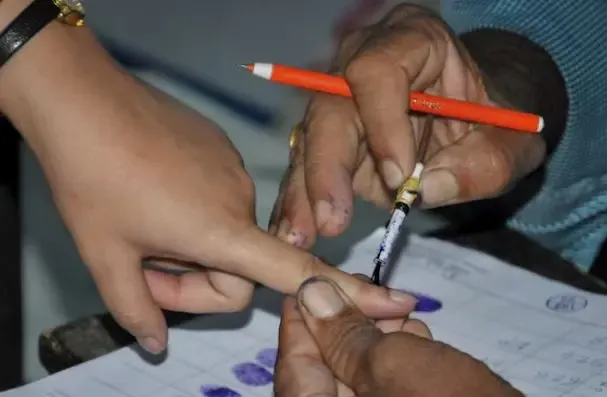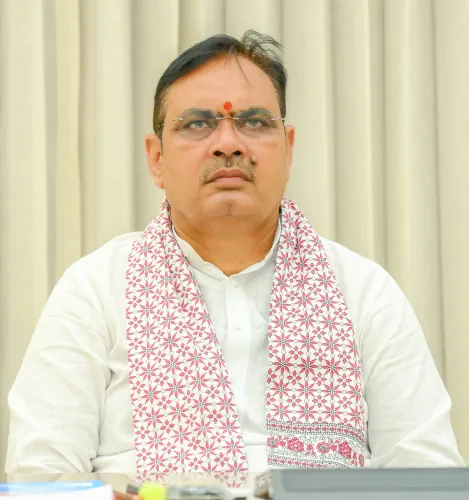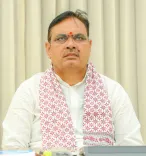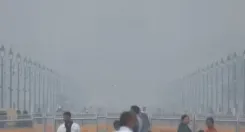Bihar's Political Landscape Divided on 'One Nation, One Election' Concept

Patna, Dec 15 (NationPress) The discussion surrounding the controversial proposal of One Nation, One Election has led to divergent opinions within India's political arena.
While the ruling NDA is in favor of the initiative, opposition groups, including the RJD and Congress, have expressed strong disagreement.
In contrast, Prashant Kishor, leader of the Jan Suraaj Party, has adopted a more balanced viewpoint, endorsing the idea but raising concerns regarding its execution.
Kishor characterized One Nation, One Election as a move that could yield significant advantages for the nation.
He contended that coordinating elections would prevent the government from being in a constant 'election mode', thus conserving time and taxpayer resources.
'Approximately one-fourth of the population votes each year, which disrupts governance and development, but such a transformative change cannot occur overnight.' Kishor suggested a gradual implementation over four to five years to guarantee a seamless transition.
He also emphasized the necessity of maintaining democratic integrity, insisting that the law should not be exploited to target or harm any specific class or community.
'Consolidated elections could alleviate financial and administrative pressures. Fewer elections might enable governments to concentrate more on long-term governance and policymaking; however, synchronizing the terms of central and state administrations would necessitate constitutional amendments and could disrupt the democratic process,' he noted.
Opposition parties argue that this could centralize authority and weaken the federal governance structure.
Leaders from the opposition in Bihar, particularly from the RJD and Congress, are raising significant objections. They have expressed skepticism regarding the intention behind the proposal and have pointed out various challenges, including its potential effects on smaller parties and India's federal setup.
RJD spokesperson Chittranjan Gagan questioned why similar policies are not being applied to education, healthcare, and public services.
'They argued that initiatives like One Nation, One Education or One Nation, One Healthcare should take precedence over simultaneous elections to address critical inequalities in society,' Gagan stated.
'The proposal could be a step toward centralizing power and potentially diminishing smaller regional parties. It could facilitate constitutional changes that undermine India's federal character, where states possess the autonomy to manage their affairs,' he added.
Congress MLC Madan Mohan Jha raised practical concerns, referencing India's massive population (140 crore) and the logistical challenges of conducting simultaneous elections.
'The Election Commission struggles with managing elections in four states at the same time, making nationwide elections an overwhelming challenge,' Jha remarked.
The Congress leader dismissed the proposal as a 'populist slogan' aimed at attracting attention without a feasible plan for implementation.
The BJP has robustly defended the initiative, underlining its advantages.
BJP spokesperson Arvind Kumar Singh pointed out that synchronized elections were the standard in India until 1967, and the transition to staggered elections disrupted governance.
'Simultaneous elections will conserve time and resources, allowing governments to prioritize governance instead of being perpetually in election mode. The proposal will reduce election-related costs and lessen the administrative load on the government and election machinery,' Singh added.
The vast scale of conducting simultaneous elections for the Lok Sabha, state Assemblies, and local bodies presents considerable logistical and resource challenges.
The 'One Nation, One Election' proposal has ignited an intense debate, reflecting the contrasting views on governance, democracy, and federalism. While the BJP promotes it as a route to efficiency and stability, opposition entities like the RJD and Congress view it as a threat to India's democratic and federal framework.









